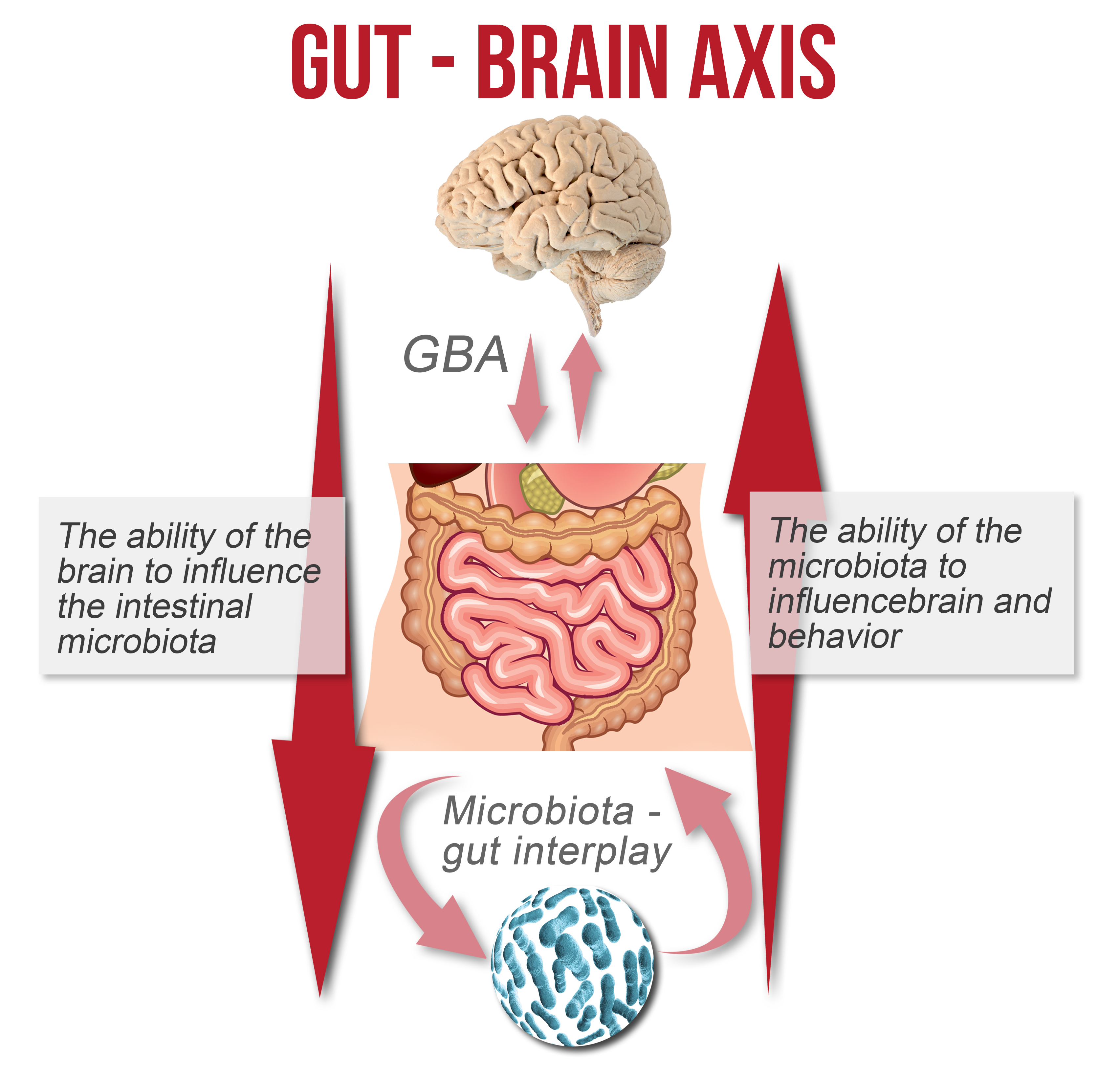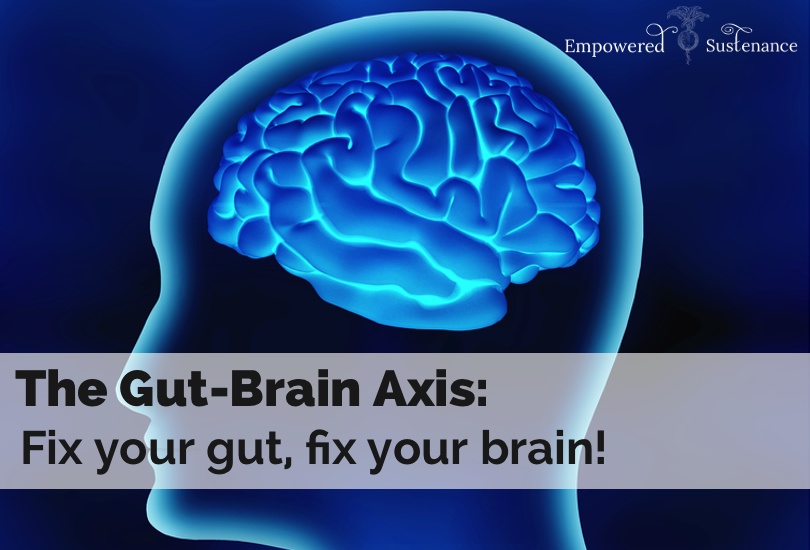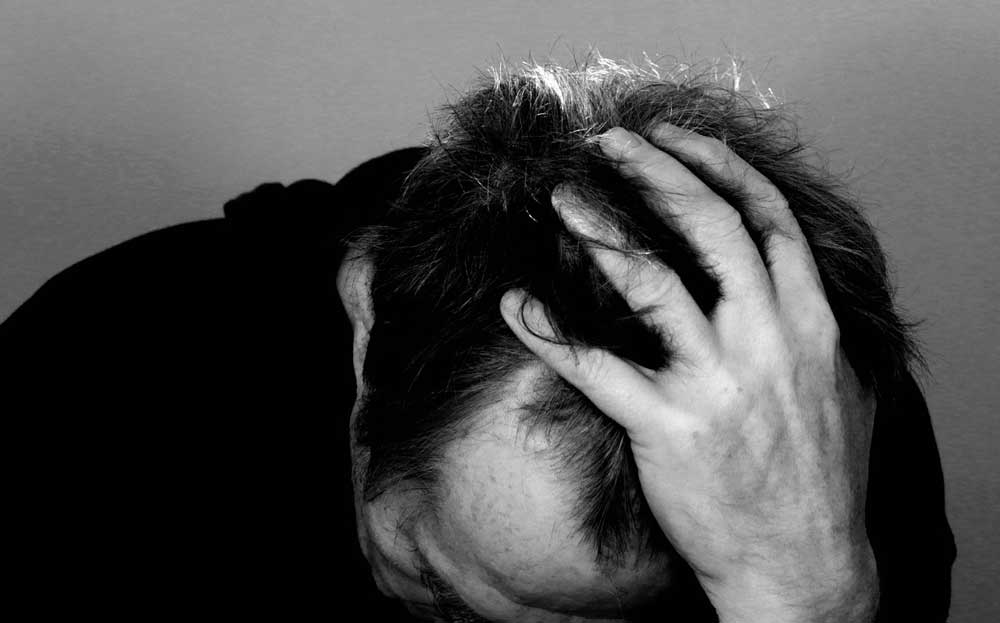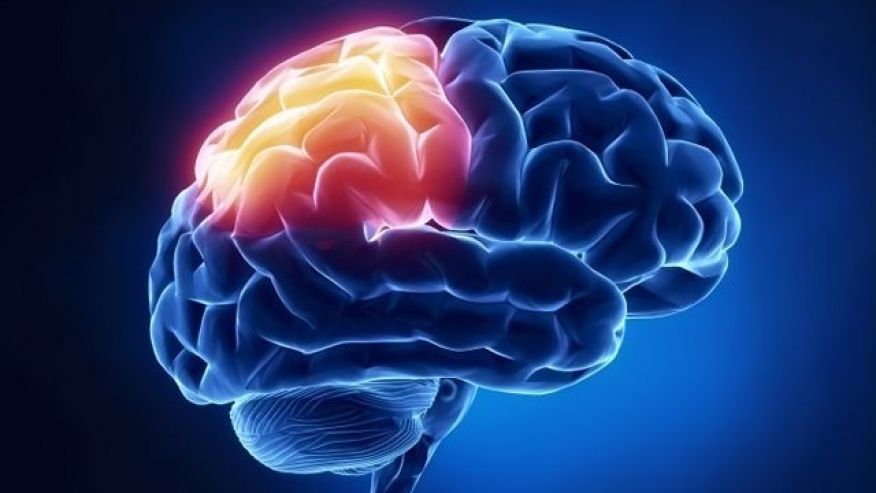Bipolar disorder and substance abuse

Bipolar disorder and substance abuse without establishing the brains specific roles in fighting addiction, it may not be easy to overcome this problem
Bipolar disorder and substance abuse: Addiction an Energy disease
Bipolar disorder, commonly known as manic depression, is a serious mental disorder characterized by sudden and intense shifts in mood, behavior and energy levels. Like substance abuse, bipolar disorder poses a risk to the individual’s physical and emotional well-being. Those afflicted with bipolar disorder have a higher rate of relationship problems, economic instability, accidental injuries and suicide than the general population. They are also significantly more likely to develop an addiction to drugs or alcohol. In a study conducted recently:
- About 56 percent of individuals with bipolar who participated in a national study had experienced drug or alcohol addiction during their lifetime.
- Approximately 46 percent of that group had abused alcohol or were addicted to alcohol.
- About 41 percent had abused drugs or were addicted to drugs.
- Alcohol is the most commonly abused substance among bipolar individuals.
If you are struggling with bipolar disorder alongside drug or alcohol problem, it is possible that you have a dual diagnosis of bipolar disorder and substance abuse. Having a dual diagnosis, or a co-occurring disorder, can make recovery more challenging. Bipolar patients may experience periods of intense depression alternating with episodes of heightened activity and an exaggerated sense of self-importance. This emotional instability can interfere with your recovery program, making it difficult to comply with the guidelines of your treatment plan. And to address that, doctor Dalal Akoury MD, President and founder of AWAREmed Health and Wellness Resource Center, created this establishment with a sole objective of transforming each individual’s life through increasing awareness about health and wellness and by empowering individuals to find their own inner healing power. Besides that, doctor Akoury’s practice also focuses on personalized medicine through healthy lifestyle choices that deal with primary prevention and underlying causes instead of patching up symptoms. This makes her the ideal professional for ally your treatment needs and you can call her on telephone number 843 213 1480 to schedule an appointment now.
The relationship between addiction and bipolar
There is no easy explanation for the high rate of substance abuse and chemical dependence among bipolar individuals. One reason for this phenomenon is that a large percentage of individuals attempt to self-medicate with drugs and alcohol in an effort to numb the painful symptoms of their bipolar disorder. Symptoms of bipolar disorder such as anxiety, pain, depression and sleeplessness are so alarming, that many individuals will turn to drugs and alcohol as a means for offsetting the discomfort, if only for a little while.
Age and gender may play a part in the relationship between addictions and bipolar. According to the journal Bipolar Disorder, substance abuse is more common in young males than in other population groups.
Clinical researchers believe that brain chemistry may influence both bipolar disorder and substance abuse. People with bipolar disorder often have abnormal levels of serotonin, dopamine and norepinephrine. These chemicals affect vital functions like appetite, metabolism, sleep and your body’s response to stress. They also affect mood and emotions. Heavy use of drugs or alcohol can interfere with the way your brain processes these chemicals, causing emotional instability, erratic energy levels and depression. People with bipolar disorder may turn to drugs or alcohol out of an unconscious need to stabilize their moods. Unfortunately, substance abuse has the opposite effect, making the symptoms of bipolar disorder worse.
http://regenerativepotential.com/wp-admin








